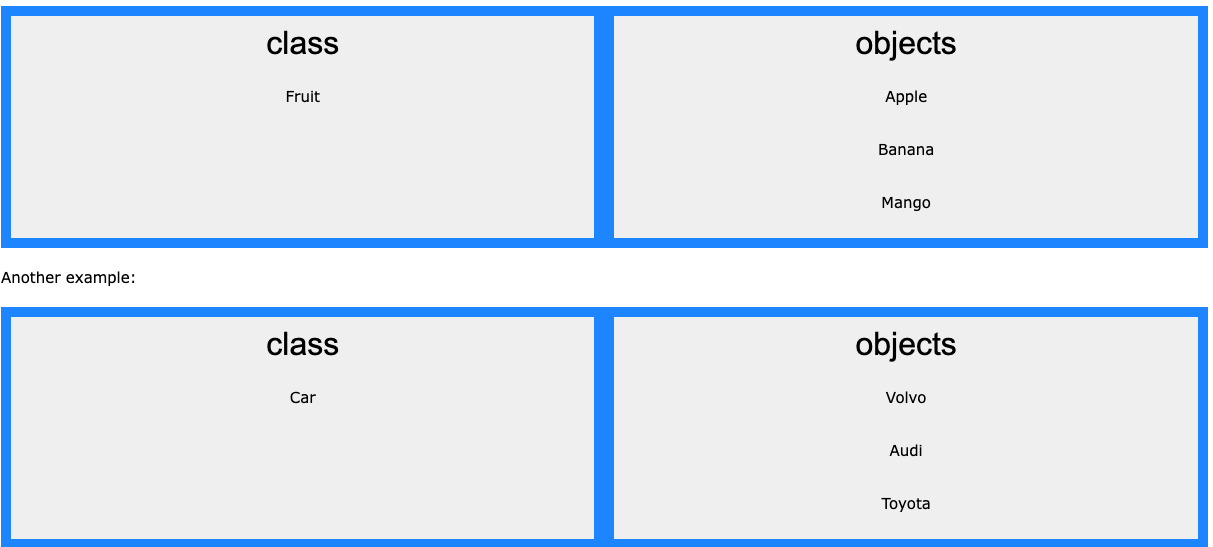class Dog:
def __init__(self, name, breed, age):
self.name = name
self.breed = breed
self.age = age
def bark(self):
print(f"{self.name} is barking!")
def sit(self):
print(f"{self.name} is now sitting.")
def display_info(self):
print(f"Dog Info: Name: {self.name}, Breed: {self.breed}, Age: {self.age}")
# Creating an instance of the Dog class
my_dog = Dog("Buddy", "Golden Retriever", 3)
# Using the methods
my_dog.display_info()
my_dog.bark()
my_dog.sit()Dog Info: Name: Buddy, Breed: Golden Retriever, Age: 3
Buddy is barking!
Buddy is now sitting.


